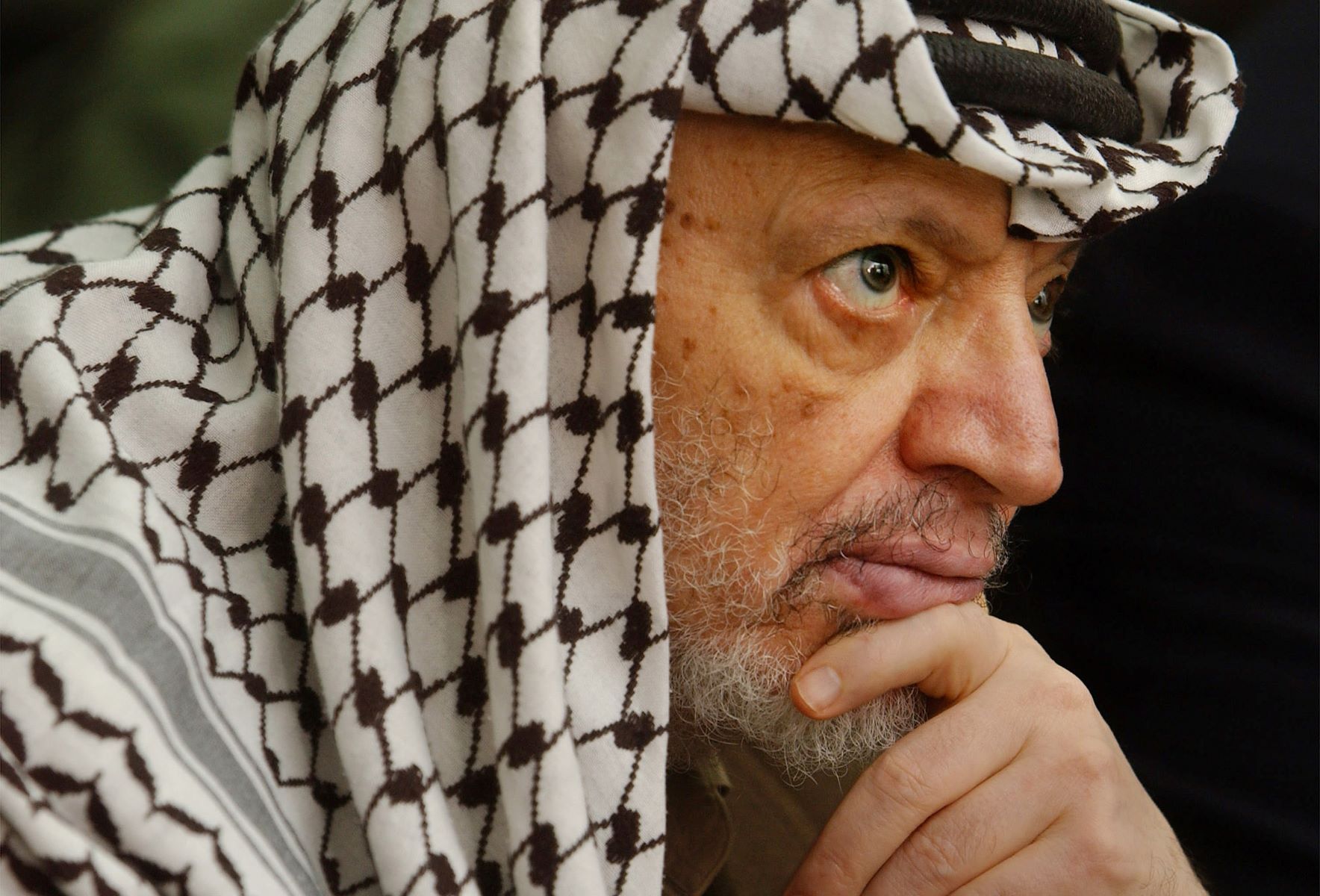
Yasser Arafat, the charismatic Palestinian leader, is a figure whose name is synonymous with the struggle for Palestinian statehood. Throughout his life, Arafat played a pivotal role in shaping the Palestinian national movement, garnering both praise and criticism from different corners of the world.
In this article, we will delve into the life and legacy of Yasser Arafat, exploring some unbelievable facts that shed light on his remarkable journey. From his rise to prominence as the chairman of the Palestine Liberation Organization (PLO) to his controversial leadership as the President of the Palestinian Authority, Arafat’s story is one filled with intrigue, victories, setbacks, and countless challenges.
Get ready to be amazed as we uncover captivating details about Yasser Arafat’s personal life, political strategies, and enduring impact on the Palestinian quest for self-determination.
Key Takeaways:
- Yasser Arafat, the leader of the PLO, was a resilient figure who survived assassination attempts and fought for Palestinian self-determination, leaving behind a legacy of inspiration and determination.
- Arafat’s iconic keffiyeh and multilingual abilities, along with his Nobel Peace Prize recognition, symbolize his unwavering commitment to the Palestinian cause and his impact on the Middle East.
Yasser Arafat was the founder and leader of the Palestine Liberation Organization (PLO).
Yasser Arafat played a pivotal role in advocating for the rights of Palestinians and their struggle for independence. As the leader of the PLO, he dedicated his life to the pursuit of Palestinian self-determination.
Yasser Arafat was born in Cairo, Egypt in 1929.
Although Arafat was born in Cairo, his ancestral roots can be traced back to Jerusalem. His upbringing in Egypt influenced his political ideology and commitment to Palestinian nationalism.
Yasser Arafat was awarded the Nobel Peace Prize in 1994.
In recognition of his efforts to bring peace to the Middle East, Arafat, along with Israeli leaders Yitzhak Rabin and Shimon Peres, was awarded the Nobel Peace Prize. This historic event marked a significant moment in the ongoing Israeli-Palestinian conflict.
Yasser Arafat was affectionately referred to as Abu Ammar.
The term “Abu Ammar” was a popular nickname for Yasser Arafat among his supporters, derived from his nom de guerre. It symbolized his role as a father figure and leader in the Palestinian struggle.
Yasser Arafat survived multiple assassination attempts.
Throughout his lifetime, Arafat faced numerous threats to his life from various sources. He survived several assassination attempts, including bombings and poisonings, which only added to his legendary status as a resilient leader.
Yasser Arafat was fluent in multiple languages, including Arabic, English, and French.
Arafat’s linguistic abilities allowed him to effectively communicate with world leaders and advocate for the Palestinian cause on the international stage. His multilingualism enhanced his diplomatic skills and global influence.
Yasser Arafat was exiled from Palestine for several years.
During his political career, Arafat faced periods of exile, where he was forced to live outside of Palestine. Despite this, he remained dedicated to the Palestinian cause and continued to strive for the establishment of an independent Palestinian state.
Yasser Arafat is remembered for his iconic keffiyeh.
One of the most recognizable symbols associated with Arafat is the black-and-white keffiyeh, a traditional Palestinian scarf. He often wore it as a symbol of solidarity with the Palestinian people and their struggle for freedom.
Yasser Arafat passed away in 2004, but his legacy continues to inspire.
Arafat’s death marked the end of an era, but his impact on the Palestinian people and the Middle East cannot be overstated. His memory lives on as an inspiration for those fighting for justice and a free Palestine.
Conclusion
Yasser Arafat was undoubtedly a complex and influential figure in modern history. Through his leadership of the Palestinian Liberation Organization, he became both a symbol of resistance and a catalyst for change in the Middle East. While opinions about Arafat may vary, there are some fascinating facts about his life and legacy that are worth noting.
From his nomadic childhood to his role in the Oslo Accords, Arafat’s life was filled with intrigue and political maneuvering. His ability to unite people from diverse backgrounds and his unwavering commitment to the Palestinian cause earned him both admiration and criticism.
As we delve into the life of Yasser Arafat, it is essential to remember that history is often complex and multifaceted. While these facts may only scratch the surface of Arafat’s story, they shed light on the indelible mark he left on the world stage.
FAQs
Q: How did Yasser Arafat rise to power?
A: Yasser Arafat rose to power through his leadership of the Palestinian Liberation Organization (PLO). He played a pivotal role in the armed struggle for Palestinian independence and gained international recognition as a key representative of the Palestinian people.
Q: What were some of the significant accomplishments of Yasser Arafat?
A: Yasser Arafat’s significant accomplishments include the signing of the Oslo Accords, which established a framework for peace between Israel and Palestine, and his recognition as the Chairman of the PLO, giving the Palestinian people a voice on the global stage.
Q: Why was Yasser Arafat a controversial figure?
A: Yasser Arafat was a controversial figure due to his involvement in armed resistance and accusations of supporting terrorism. Additionally, his leadership style and approach to peace negotiations garnered both praise and criticism from different factions.
Q: What was Yasser Arafat’s lasting impact on the Palestinian people?
A: Yasser Arafat’s lasting impact on the Palestinian people was the recognition and acknowledgment of their struggle for independence. He galvanized a sense of unity and determination among Palestinians and sparked international attention and support for their cause.
Yasser Arafat's life was filled with incredible moments that shaped history. His legacy as a Palestinian leader continues to inspire many, but he wasn't the only influential figure in the region. For those interested in learning about another key player in the Israeli-Palestinian conflict, our article on Yitzhak Rabin offers intriguing facts about his life and role in the peace process. Explore the stories of these two leaders whose actions had far-reaching consequences for the Middle East and beyond.
Was this page helpful?
Our commitment to delivering trustworthy and engaging content is at the heart of what we do. Each fact on our site is contributed by real users like you, bringing a wealth of diverse insights and information. To ensure the highest standards of accuracy and reliability, our dedicated editors meticulously review each submission. This process guarantees that the facts we share are not only fascinating but also credible. Trust in our commitment to quality and authenticity as you explore and learn with us.


